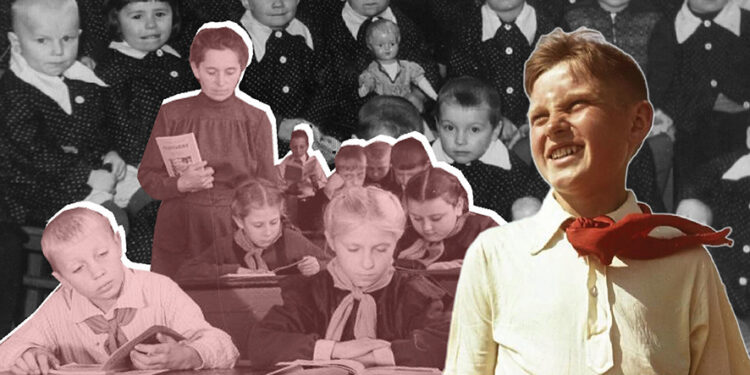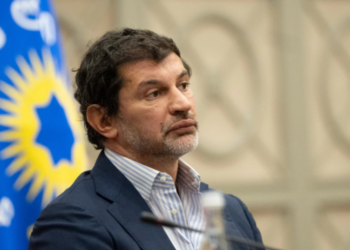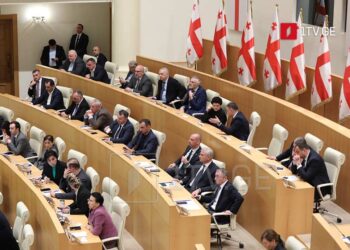In today’s Sakartvelo, the national-level narrative about the country’s geopolitical vector of development is plainly dichotomic – either Western or Northern. If we are lucky enough to manage to propel the country towards the West, the system of education will probably remain functioning in compliance with the already well-tested Bologna Process that upended the entire system of education in Georgia after the collapse of the Soviet Union, part of which we used to be. But if we are doomed to once again be embraced by the tentacles of the Russian empire and its way of life, then our system of education will probably behave according to the Russian rules and regulations of enlightenment.
Incidentally, starting from the new school year, by the upcoming 1st of September, paramount changes are expected to take place across the entire vast territory of Russia. Namely, federally unified educational demands in teaching various school subjects are going to be introduced in the monolithic Russian system of education. In fact, students across the entire country will be learning all their core and other subjects based on compulsory, stereotyped programs approved by the state. It is not known so far whether electives will be allowed at all. The allocation of hours needed for learning a subject will also be dictated by the state, in the person of the Ministry of Education. This kind of strictly limited system functioned in the former Soviet Union.
Some people reminisce that the Soviet system of education had its notable merits. Several generations would warmly, nostalgically, and gratefully note in Russia—and not only in the Russian Federation—that the Soviet system of education was perfectly fit for producing hundreds of outstanding scientists.
Allegedly, once, President Kennedy of America said that the Soviet Union was not threatening the United States with just long-range rockets and missiles but, in the first place, with its system of education. These words reflected a concern prevalent in the US during the Cold War, specifically after the famous launching of Sputnik by the USSR. The concern emanated from the consideration that the Soviet Union’s technological progress, particularly in space and missile technology, was empowered by a robust educational system concentrated on science and engineering. While long-range rockets were a direct military threat, the supposed advantage of the Soviet education system was perceived as a long-term menace to American supremacy in various fields of life.
Returning to the main theme of this article, my youth could easily serve as a life-sized example of the Soviet approach to educating the younger generation. Throughout the entire Soviet Union, education followed a single, unified methodology. While individual teachers across the Soviet republics employed their own styles and techniques, this did not imply any fundamental differences in the educational system itself. The variation was purely linguistic, occasionally reflected in minor national additions of poetry and literature. Nothing more. Examinations, diplomas, discipline—even the architecture of school buildings—were all standardized.
At the same time, teaching was strict, evaluations were carefully considered, and subjects were taught with a strong emphasis on the scientific and technological advancements of the era.
Starting in the 1980s and 1990s, the system began to shift slightly: alternative teaching methods were introduced, and new textbooks began to emerge—changes that were not necessarily negative. However, the current trend toward re-unifying educational methods, curricula, and textbooks could potentially steer the Russian educational system back onto Soviet tracks. This might be a troubling signal, though not one that should concern us Georgians directly. Still, it must be acknowledged that the educational rigor of those strange times was solid—and readily applicable to real-life demands.
Currently, in every former Soviet republic, their individual, innovative system of education is functioning, and I doubt that any of them would opt to follow in the Russian footsteps. On the other hand, it is very curious why the Russians are bumping back to the old ways of enlightening their youth. Could this be rational in any possible respect, even if the Soviet system produced good enough specialists to compete with the West? They did—but the consequence is well known to the entire world, isn’t it?
Blog by Nugzar B. Ruhadze














